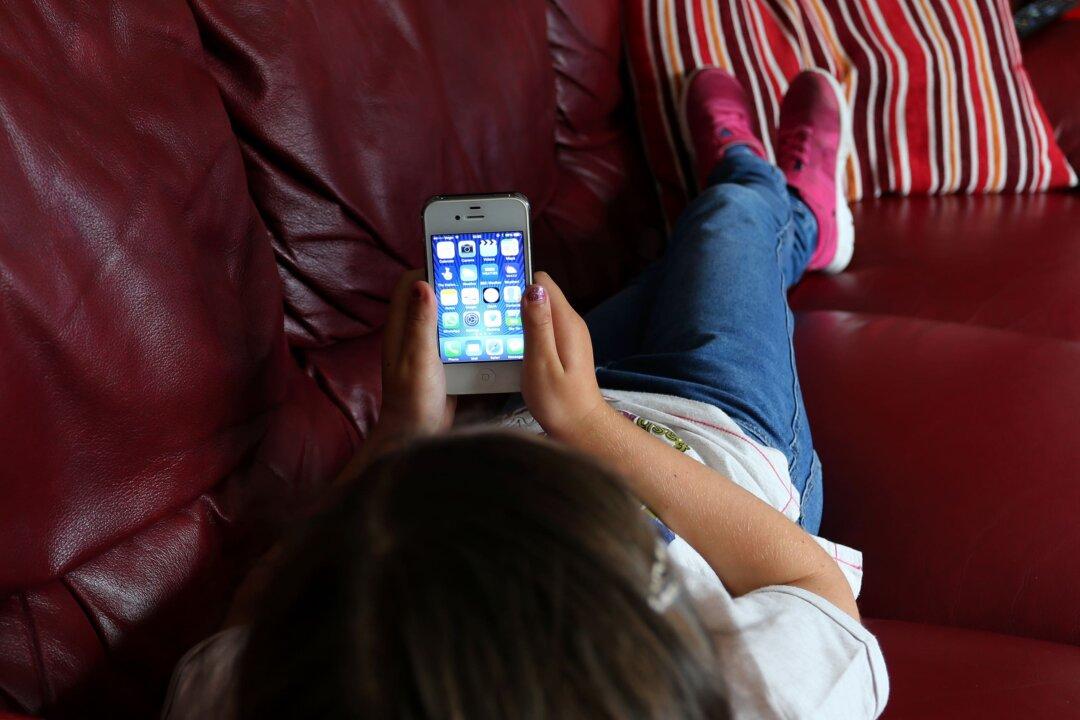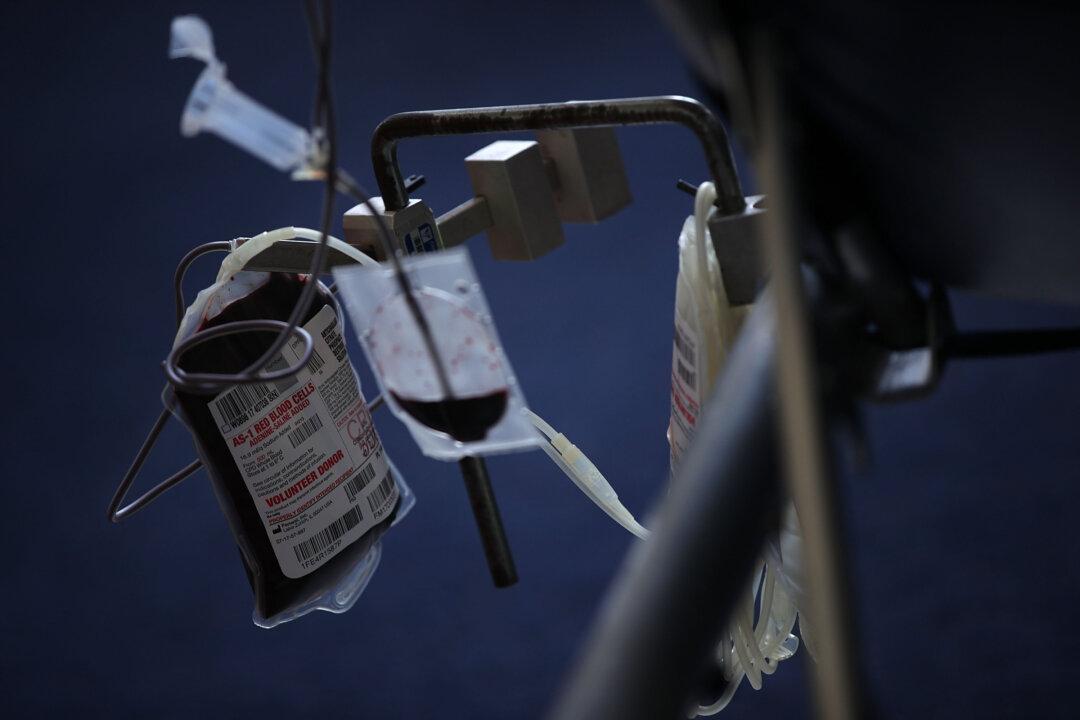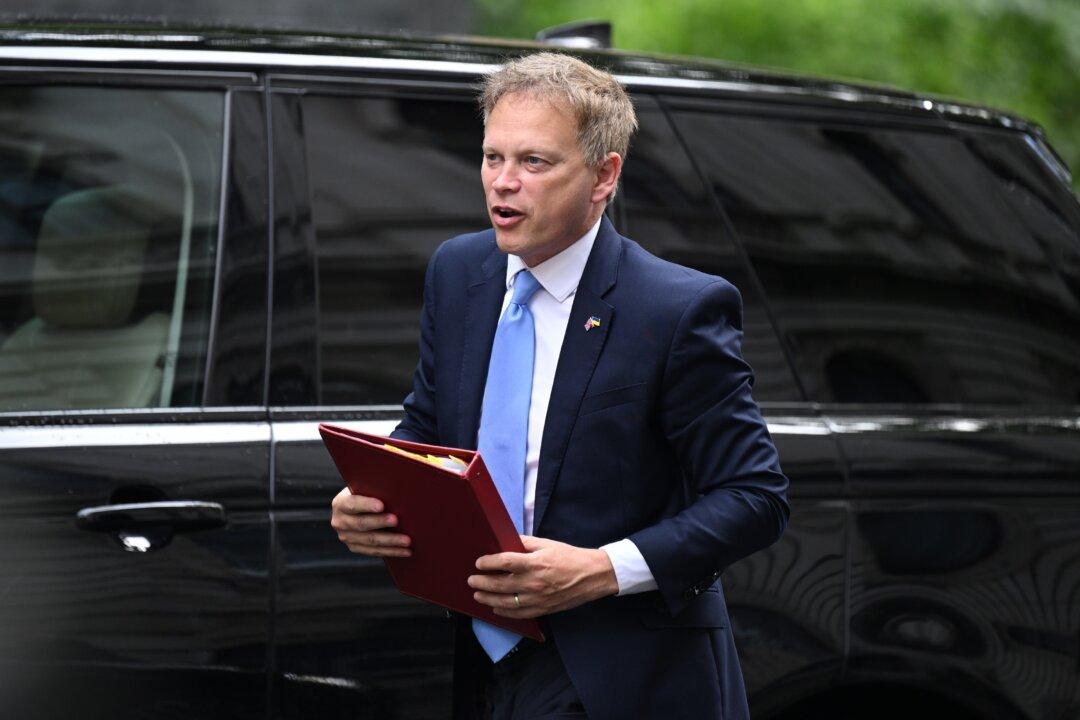New data shows a significant increase in the number of British primary school children generating their own sexual abuse imagery since lockdowns.
Internet Watch Foundation (IWF), which published the data, is a UK-based organisation with the goal of finding and removing images and video online child abuse. IWF is an independent charity funded by members who include Amazon, Cisco, Google, Sky, Tik Tok, and BT (British Telecom).




